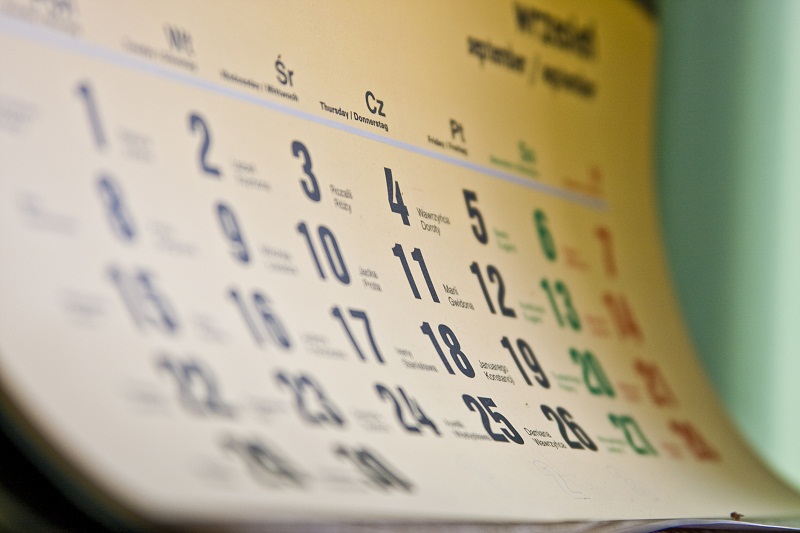Poll: One in seven people believe world will end in their lifetime

 One in seven global citizens think the world will end during their lifetime, and 10 percent think the Mayan calendar ending in 2012 could mean the world will end this year, found a survey made by Ipsos Global Public Affairs.
One in seven global citizens think the world will end during their lifetime, and 10 percent think the Mayan calendar ending in 2012 could mean the world will end this year, found a survey made by Ipsos Global Public Affairs.
The Mayan calendar spans about 5,125 years and ends abruptly on December 21, 2012, which has sparked numerous interpretations and suggestions that it marks the end of the world.
“Whether they think it will come to an end through the hands of God, or a natural disaster or a political event, whatever the reason, one in seven thinks the end of the world is coming,” said Keren Gottfried, research manager at Ipsos Global Public Affairs which conducted the survey for Reuters.
“Maybe this is happening because of the media attention coming from one interpretation of the Mayan prophecy that states the world ‘ends’ in our calendar year 2012,” Gottfried said, adding that some Mayan scholars have disputed the interpretation.
The ratio of those who think they will see the apocalypse depends on what country they live in. The French, British and Swedes fear the end of the world less than the Turkish, Americans, Argentinians and Mexicans, according to the poll.
Gottfried also said that people with lower education or household income levels, as well as those under 35 years old, were more likely to believe in an apocalypse during their lifetime or in 2012, or have anxiety over the prospect.
The 16,262 of people that were interviewed for the survey were selected from 21 countries, with the poll having been carried in March this year. More findings from the poll here.
Ioana Toader, ioana.toader@romania-insider.com












